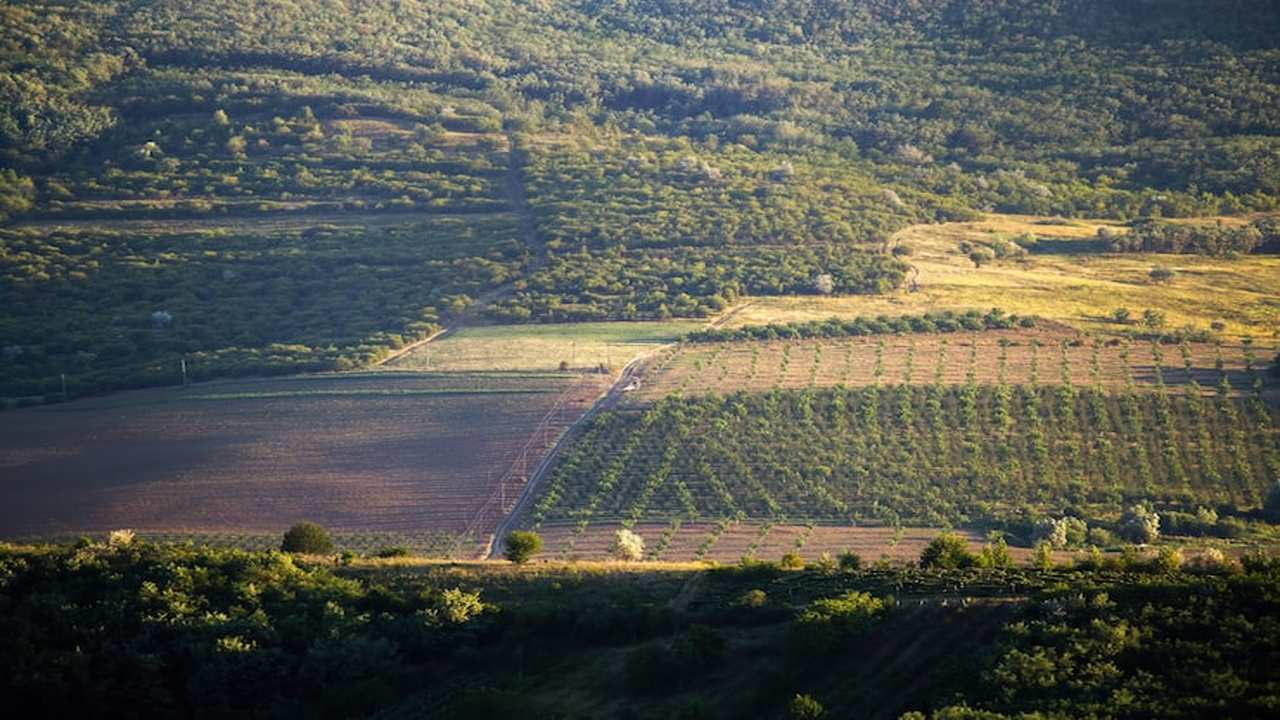 In 2023, at COP30, the world witnessed a groundbreaking shift as food took center stage in the fight against climate change. Amid discussions on protecting vital ecosystems, a bold decision was made to source 30% of food from local farmers, Indigenous producers, and agroecology cooperatives. This move not only supports livelihoods but also showcases how food can be a powerful climate solution. By bringing farmers to the forefront of COP, a new narrative is emerging—one that links our food choices to environmental sustainability and resilience. Join us as we delve into how food at COP is becoming a Trojan horse for driving meaningful climate action and transforming global food systems.
In 2023, at COP30, the world witnessed a groundbreaking shift as food took center stage in the fight against climate change. Amid discussions on protecting vital ecosystems, a bold decision was made to source 30% of food from local farmers, Indigenous producers, and agroecology cooperatives. This move not only supports livelihoods but also showcases how food can be a powerful climate solution. By bringing farmers to the forefront of COP, a new narrative is emerging—one that links our food choices to environmental sustainability and resilience. Join us as we delve into how food at COP is becoming a Trojan horse for driving meaningful climate action and transforming global food systems.
Leveraging Food as a Climate Solution at COP30
In 2023, at COP30, the world witnessed a groundbreaking shift as food took center stage in the fight against climate change. Amid discussions on protecting vital ecosystems, a bold decision was made to source 30% of food from local farmers, Indigenous producers, and agroecology cooperatives. This move not only supports livelihoods but also showcases how food can be a powerful climate solution. By bringing farmers to the forefront of COP, a new narrative is emerging—one that links our food choices to environmental sustainability and resilience.
Food systems play a critical role in climate change, contributing nearly a third to greenhouse gas emissions annually. The decision to prioritize locally sourced, agroecological food at COP30 not only aligns with the United Nations' sustainability goals but also sets a precedent for other global events and businesses to follow suit. Amazon, a key player in the e-commerce and sustainability landscape, could draw inspiration from this initiative to promote ethical sourcing and transparency in its supply chain. By integrating sustainable practices into their operations, companies like Amazon can contribute to a more climate-resilient future while meeting consumer demands for environmentally conscious products.
Empowering Smallholder Farmers and Indigenous Producers
The emphasis on sourcing food from family farms and Indigenous producers at COP30 not only highlights the importance of supporting local communities but also underscores the role of these stakeholders in driving sustainable agriculture. By actively involving smallholder farmers in catering services and as chefs at the conference, COP30 is providing a platform for these individuals to showcase their expertise and contribute to the conversation on climate action. This approach not only elevates the voices of marginalized communities but also fosters a sense of ownership and empowerment among those directly impacted by climate change.
The United Nations' focus on empowering smallholder farmers aligns with its commitment to sustainable development and poverty alleviation. By recognizing the vital role that these farmers play in food systems and climate resilience, the UN sets a precedent for inclusive and equitable practices within the agricultural sector. Amazon, as a global leader in commerce, can leverage its platform to support and promote products from smallholder farmers and Indigenous producers, thereby amplifying their impact and fostering sustainable livelihoods. This collaborative approach between businesses, organizations, and local communities can drive meaningful change in supply chain practices and promote social and environmental justice.
Transforming Food Systems for Climate Resilience
The shift towards agroecological farming practices and local sourcing at COP30 signals a broader transformation in global food systems towards sustainability and resilience. By showcasing the benefits of regenerative agriculture and biodiversity protection, this initiative not only highlights the interconnectedness of food production and climate change but also sets a precedent for reimagining traditional food systems. The emphasis on serving food that is cultivated without pesticides and promotes soil health underscores the importance of adopting nature-based solutions to address environmental challenges.
The United Nations' commitment to transforming food systems for climate resilience reflects a holistic approach to sustainability that integrates environmental, social, and economic considerations. By promoting agroecological farming and supporting local food producers, the UN aims to address the root causes of food insecurity and environmental degradation. Amazon, with its vast reach and influence, has the potential to drive similar transformations in the food industry by promoting sustainable sourcing practices and transparency in supply chains. By aligning with the UN's goals and supporting initiatives like those seen at COP30, companies like Amazon can contribute to a more sustainable and resilient food system for the future.
Conclusion
The transformative initiatives witnessed at COP30 underscore the pivotal role of food in combating climate change and reshaping global sustainability efforts. By prioritizing local sourcing, empowering smallholder farmers, and advocating for agroecological practices, the United Nations has set a precedent for inclusive and resilient food systems. As businesses like Amazon contemplate the ripple effects of such actions, the call to integrate ethical sourcing and transparency into supply chains grows louder. Let us seize this moment to champion sustainable practices, amplify marginalized voices, and drive a collective shift towards a more equitable and climate-resilient future.